Express Easements & Historical Use: “A Tale of Intertwined Claims of Right”
A tale as old as time… “a tale of intertwined claims of right…” So begins the California appellate court decision in the suit of Rye v. Tahoe Truckee Sierra Disposal Co., Inc. In this case, the California courts affirmed the control of the use of an express easement, after “a reasonable time,” can be determined by its historical use.
THE USE OF EASEMENTS PAST: RYE V. TAHOE TRUCKEE SIERRA DISPOSAL CO., INC. (2013), 222 CAL. APP. 4TH 84
An “express easement” is an explicit, written agreement that a part of a property can be used by someone who doesn’t own the land for some specific purpose(s). In this case, Tahoe Truckee was granted use “over” a “portion” of the Rye property in King’s Beach, Lake Tahoe, California for “ingress, egress, parking, storage, [and] utilities”; the company used a paved area and 10 feet of unpaved area since the easement was granted in 1981.
The case was complicated by Tahoe Truckee’s claim that they also had a 1982 lease, which, if valid, would have made the easement a moot point. However, the court decided that the unrecorded lease was invalid, because even if the lease had been executed (the details of which the trial court called “murky”), the lease had been “abandoned.” The parties of the supposed lease had never performed according to the agreement, such as Tahoe Truckee’s failure to ever pay the taxes required by the terms of the lease.
With the lease disposed of, the question of use came down to conflicting interpretations of the easement. The decision centered on the interpretation of what “portion” of the property was designated for use. The trial court found, and the appellate court upheld, that the language of the easement was “general,” and that where there is a general easement that has been in force for a “reasonable time,” the interpretation of the easement’s scope is dependent on the original intentions and historical use of the easement (citing the seminal real estate law reference Miller & Starr California Real Estate, 3rd ed., 2006).
The California trial and appellate courts both found that the language of the easement clearly did not give Tahoe Truckee license to use the entire property specified in the easement, and therefore the scope of the easement had to be inferred from the portion the company had used for several decades. (What counts as a “reasonable time” remains intentionally ambiguous, but the use in this case surely counts.) So Tahoe Truckee’s use was ultimately limited to the paved area and 10 feet of unpaved area that they had historically used.
GENERAL EASEMENTS: A CONTRADICTION?
This case would appear to contradict a similar case we recently discussed: Zissler v. Saville (2018). (See “General’ Easements: A cautionary tale.”)
In this case, the California appellate court overturned the trial court’s judgment that the language of the easement had to be interpreted according to the original intent and historical use. It should be noted that a “general easement” is not an explicit kind of easement—it merely denotes a problem with the language of an explicit easement that creates ambiguity in the “reasonable interpretation” of the easement. In the Zissler case, the appellate court found that the trial court made a mistake—the language of the easement was not general at all, and so even if the original intent did not match the language of the easement, there really was no ambiguity. The language of the easement (as the enforceable legal instrument) was controlling of the use of the property.
So the difference between these cases hinges on whether or not the court finds that there really is ambiguity in the language of the easement. Here the use of words like “over” and “portion” created an ambiguity, while in the Zissler case, a lack of explicit scope did not create an ambiguity—it simply implied that there was no such limitation of scope.
Ultimately, however, the same moral applies: being specific in the drafting of legal documents is crucial to avoid issues, and often these issues only emerge years or decades after the original agreement, perhaps between different parties who have inherited the problematic easement, deed, or contract. Real estate transactions in California can be among the most complex and costly transactions most people will make in their lives. And as we’ve seen, it’s not enough to just have a lawyer. You need a California real estate attorney with knowledge, experience, and an eye for detail. You need the services of Greenacre Law.


